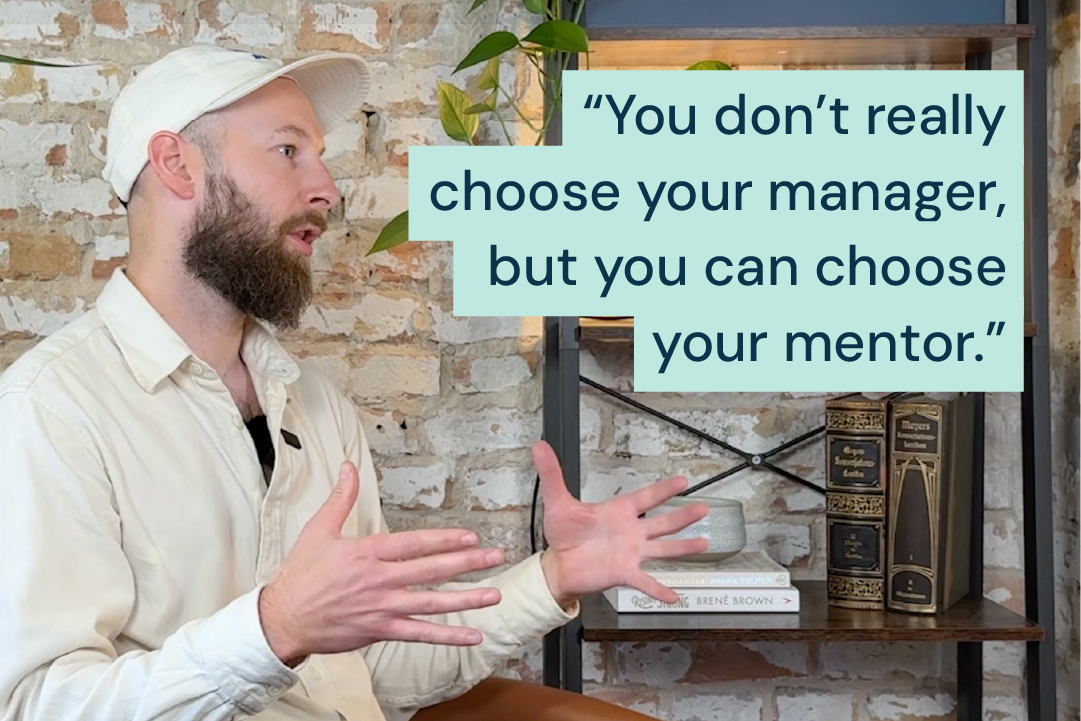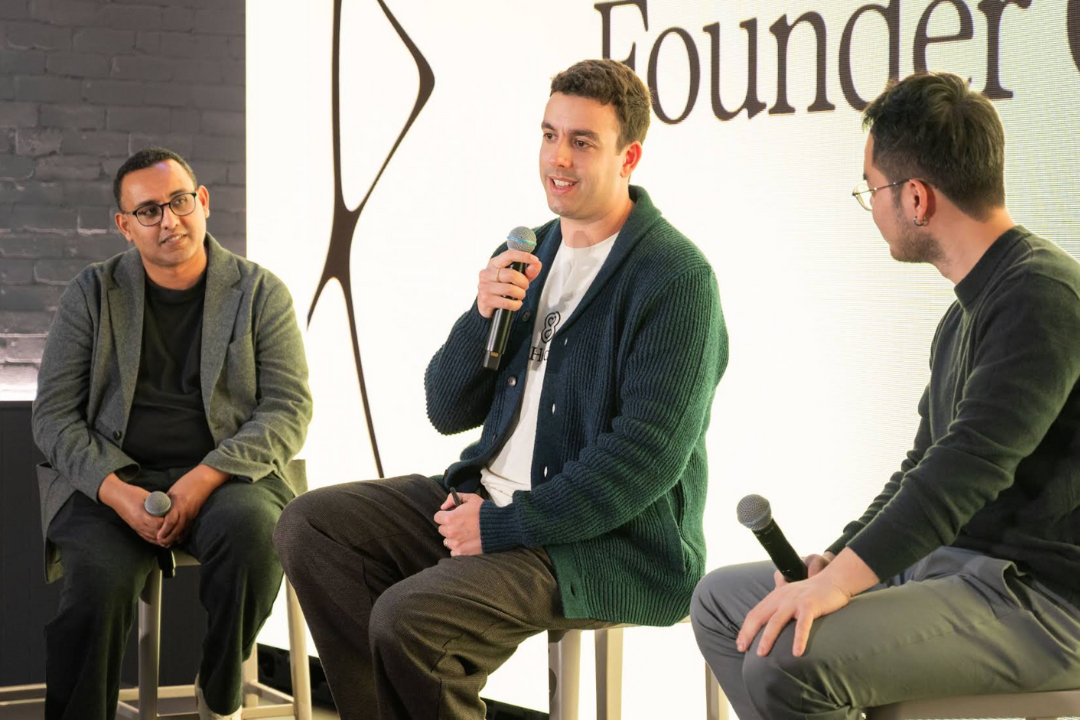We chatted with Karl Wilhelm Klevan, HR & Talent Manager at brand management platform Papirfly, about adjusting to new expectations from both staff and prospective hires in the post-pandemic era and overcoming the challenges of hybrid working.
What does your employee development plan look like and how do you implement it when you're working in a hybrid structure?
We have a learning and development budget everybody has access to, but some people will use it a bit more than others – it's up to each manager to help their teams and departments make the most of it. We always want our people to learn and develop on both a professional and personal level because we really want to support them in achieving the career progression they want.
In our performance reviews, we have something called a performance development plan. With your manager, you’ll set up a plan with goals on how to develop in the way you want or where performance is needed. It's not to say that you haven't been performing, but it might be that there's a field or subject that you really want to try out and explore a bit more, and we allow space for that.
Are there any challenges in implementing this when people are hybrid working?
Yes. We have the office-first policy, but we're not executing it the same way in every country. In Norway, for instance, some people will be in the office more than in the UK. That human interaction is so important to see your manager, meet your team and for the day-to-day chats about what's going on within the team, trends or the evolving industry. In my opinion, you don't get that in the same way when chatting online.
You mentioned that your hybrid structure is a bit different based on the country. Why did you decide to do that?
In the UK, we used to have an office in Essex so many of our employees are located in that area. Then as we grew, we decided we had to be in London where it all happens, so we closed the office in Essex and opened a new one within Techspace. So far we’re thrilled to have joined such a great tech community in the heart of London.
For now, we're expecting employees in the office at least one day a week. The commute and the cost of travelling is a lot, and we've given them a small salary increase to cover that.
Many other companies are now expecting employees in more – two or three days – but we hope people will come in more than once a week because they actually want to. People need people, and we're doing our best to create a great working environment and office space where people can come together.
How have expectations shifted from job seekers pre-pandemic versus now?
I think people have a general expectation of having that flexibility to work from home some days. In most countries, people might come in three or four days in a week, but then some weeks they'll be at home more. It often depends on whether they have meetings back to back, because then there's not much point in coming in.
The pandemic changed the culture at Papirfly and I think that's natural for any company in any country. During Covid, you will have created some sort of culture online and established relationships with colleagues virtually, which is very different to before.
We're hiring in London now with an expectation for new starters to be in the office more, and we've been chatting to many people that want to come in most days and others who don’t. Having one part of the culture being mostly at home and then trying to establish a new culture in-office is challenging, especially when trying to consolidate the two.
What is your final tip for effective employee engagement?
Listen to your employees and launch benefits, activities and initiatives that actually add real value to them. Trying to match salaries with inflation is hard and I know every company is doing what they can - it's a tough market for the SaaS industry at the moment.
We all struggle with things in our personal life with health, rent, bills and so on, so if companies can add some extra value so staff feel a bit more assured in their personal life, that’s amazing. Ensuring you're creating an environment where your staff can go to have that psychological safety with a great company and colleagues is crucial at the moment, as well as being a place where they can thrive, learn and innovate.
----
This interview was conducted as part of the 'ways of working' interviews with Techspace members exclusively for The Scaleup Culture Report 2023.
Get your copy of the report by Techspace here > https://www.techspace.co/scaleup-report


%20(7).png)






